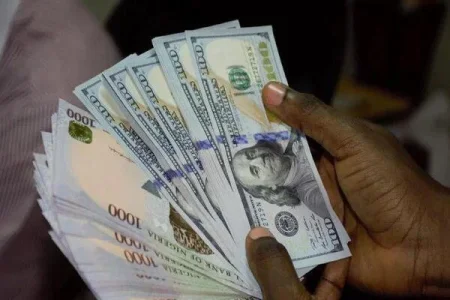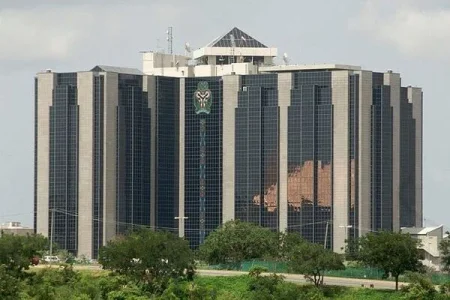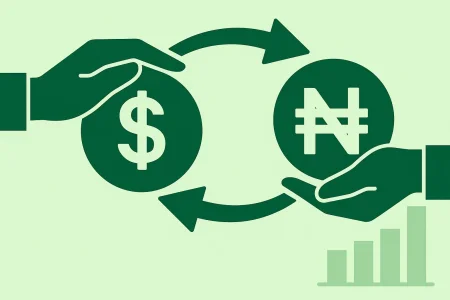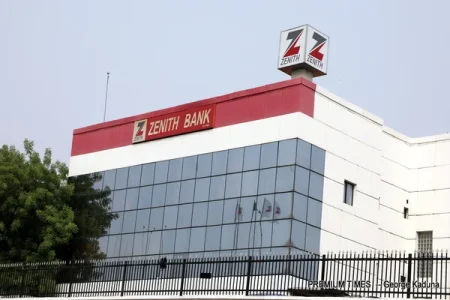
The Nigerian Naira struggles, nearing N2,000 per British Pound and 1,500 per US Dollar, amid speculation and economic challenges. Despite $575 million in CBN dollar sales, the Naira remains weak. Global market movements and local economic policies continue to pressure Nigeria's currency stability. Stay informed on currency trends
The Nigerian Naira continues its struggle against major currencies, lingering precariously near the N2,000 mark against the British Pound and 1,500 against the US Dollar. This trend highlights the ongoing challenges facing Nigeria's economy, as the Naira's value diminishes in both official and black markets.
Despite some improvements in the official market, the British Pound Sterling sold for N1,861 on the black market. This depreciation is part of a broader bearish trend, driven by increased speculation, hoarding, and delayed payments of foreign exchange to Bureau De Change (BDC) operators.
Recent data from the FMDQ Securities Exchange reveals that the Central Bank of Nigeria (CBN) sold $575 million in May, marking its highest dollar sales in a single month since the beginning of 2024. However, this influx of dollars has not been sufficient to stabilize the Naira.
The British Pound has gained momentum globally, hitting a two-year high against the US Dollar. This surge is fueled by market expectations that the Bank of England will maintain its current interest rates, especially with the upcoming snap election called by Prime Minister Rishi Sunak for July 4. This political move has caused a stir, with Labour leading the Conservatives by over 20 points in the polls.
In contrast, the US Dollar index recently fell to its lowest level in two and a half months, impacted by an unexpected drop in construction investment and slowing manufacturing activity. Despite this, strong demand in Nigeria has kept the Naira within the N1,500 price mark against the dollar on the black market, with quotes ranging between N1,480 and N1,505.
The Federal Reserve is anticipated to raise rates by a quarter point in November, with analysts predicting further tightening by the end of the year. This policy trajectory, alongside Nigeria's internal economic struggles, places additional pressure on the Naira.
As Nigeria navigates these turbulent economic waters, the government's efforts to stabilize the Naira remain critical. The upcoming policy meetings of the Bank of England and the Federal Reserve will be closely watched for their potential impact on global currency markets and, consequently, on the Naira.




